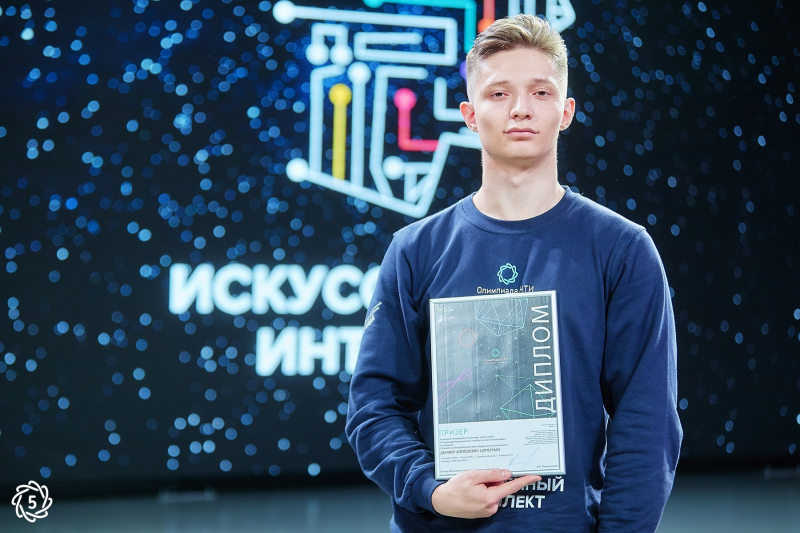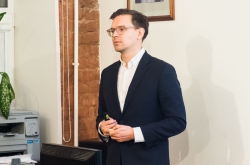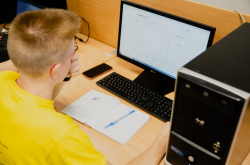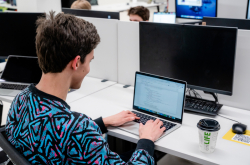He is only 17 years old but already has several victories in major competitions in machine learning and artificial intelligence. This year, he enrolled at ITMO University through the AI-Academy contest by Sberbank. Thanks to his participation in the FinNet Challenge, organized jointly with ITMO University, he received a job offer from Tochka Bank.
ITMO.NEWS met with Daniil Tsimerman to learn more about his victory, passion for machine learning, participation in various competitions, and ITMO University.
Could you tell us more about the tracks at AIJ Contest?
The competition consisted of three main tasks: to train a model to write an essay for the Unified State Exam in social studies, to predict floods in the Amur River, or to recognize the manuscripts of Peter the Great. I decided to go with the third one.
Sberbank compiled a database of up to 15,000 scans of Peter’s manuscripts. All of them were divided into a training set (about 6,000) and a test set. Using the training sample, participants were to develop algorithms that transform a picture into a digitized text.
Solutions provided by contestants were evaluated on four quality metrics, the foremost being “character error rate” – the number of characters to be replaced at the output of the algorithm in order to receive a real text.
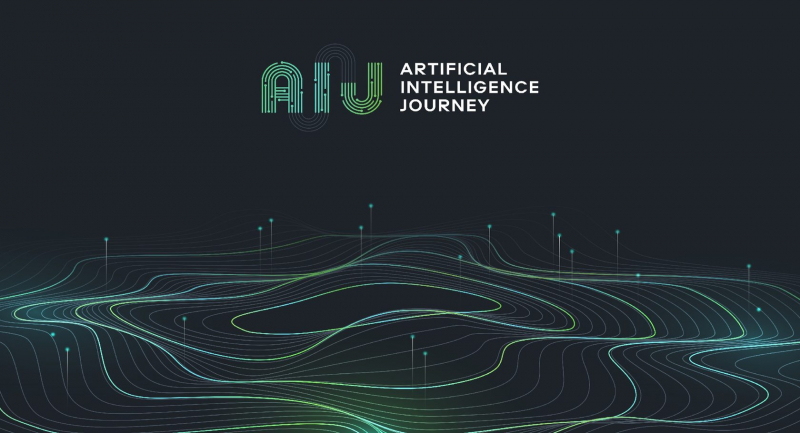
Why did you choose this track?
I chose this track because it seemed like a very interesting challenge and offered the largest prize pool.
The NoFloodWithAI track required work with tabular data and I had plenty of experience in this field, so I didn’t feel like training another algorithm. And at the AI 4 Humanities track, there really wasn’t much that could be done. You had to use the ruGPT-3 model that is rather outdated – just take it and train it. It’s not clear what the challenge is.
But at the Digital Peter track, you could really test your skills and acquire new knowledge. I had never worked with optical character recognition – digitization of handwritten texts – but it is widely used in the real world. For instance, Google Drive offers a scanning function. I had a rough idea of this technology but I had never done it myself. Now, I have more experience and I can apply it in my further projects.
Do you often participate in such competitions?
I started in the 10th grade, and in the 11th, I tried to participate in all competitions, but 2020 has become an especially successful year for me. However, since I got a job, I had to slow down a bit. Now I am very particular about competitions.
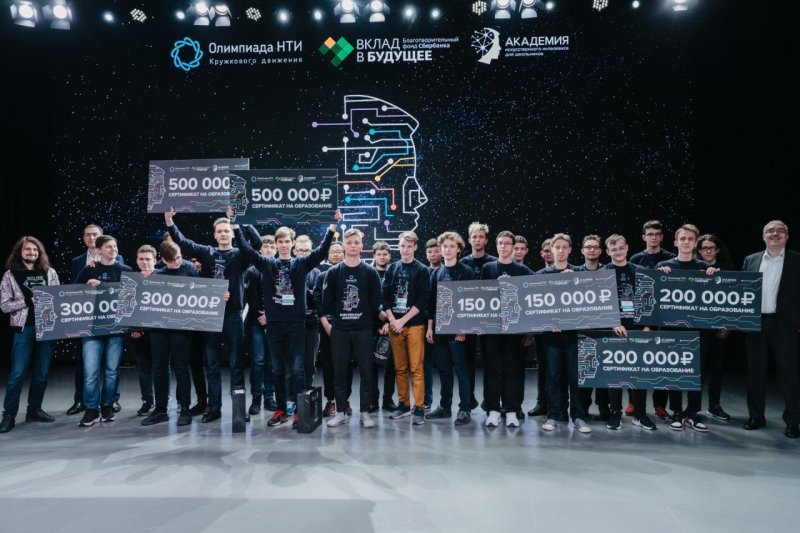
How did you get started with machine learning?
Well, I started programming in the ninth grade because I wanted to become a web developer. I thought that I would make websites and earn a lot of money. For about a month, I tried to figure it out myself, but then my friend told me about Yandex.Lyceum – an online platform with programming courses for school students. Sure, at first, it was hard and I was falling far behind my coursemates. But it fueled me to devote all my free time to programming. As a result, after a few months, I was already studying topics that go beyond the first year of studies.
I tried to start making money by doing my own projects and freelancing. But nothing worked for me. My projects did not take off, and customers didn’t really trust a 15-year-old developer with no experience. I was frustrated and believed that this field didn’t have much to offer.
In the tenth grade, I came across a competition by the Sirius educational center. It was a national research papers competition for school students with a bunch of categories, one of them being Artificial Intelligence.
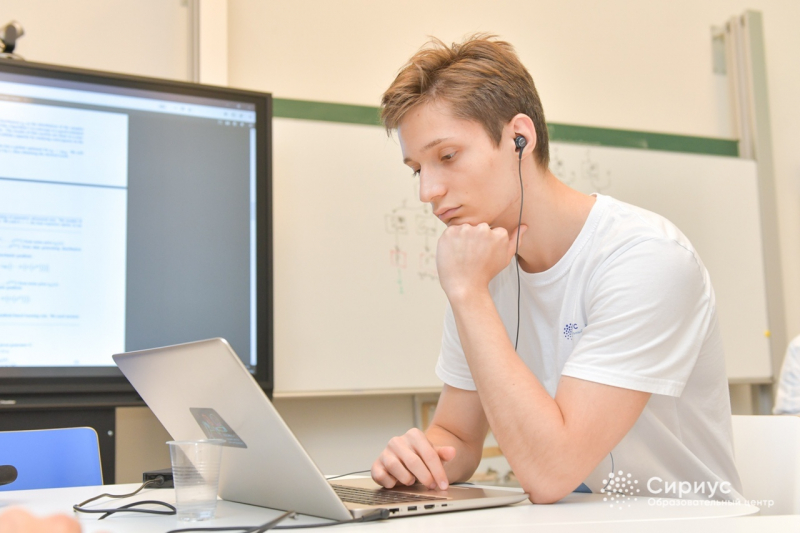
Artificial intelligence seemed much cooler than web development. I spent a week trying to figure out how neural networks work. But, honestly, I had a hard time. However, as I had participated in project activities, I came up with a program that analyzes a person's expenses and gives advice on how to spend less and save. I made a more or less working prototype and won the regional round of the competition in Primorsky Krai, and was invited to Sirius.
I couldn’t wait to spend a month in Sochi working on artificial intelligence but I was aware that I had zero knowledge in machine learning. So, before Sirius, I worked hard on machine learning, studied different algorithms, and brushed up on mathematics. I also took several courses on Coursera. My favorite was the one by Andrew Ng.
I spent a lot of time studying math. I didn't like that I was doing something that I didn’t understand how it worked. I took courses in calculus, statistics, linear algebra, and probability theory. It was difficult because I had to deal with such levels of abstraction that I was not familiar with. But it allowed me to see the mathematical apparatus in machine learning and not just a black box.
In July, I went to Sirius where we studied generative adversarial networks. I couldn’t get enough of it and wanted to take part in various activities. So, I learned about machine learning competitions and platforms like Kaggle. But I thought I was in over my head. That’s why I stopped at some local competitions at a lower level.
At first, I was bad, I lost nearly all competitions but still, it was a great experience as I learned a whole lot. And from the beginning of 2020, I started winning prizes.
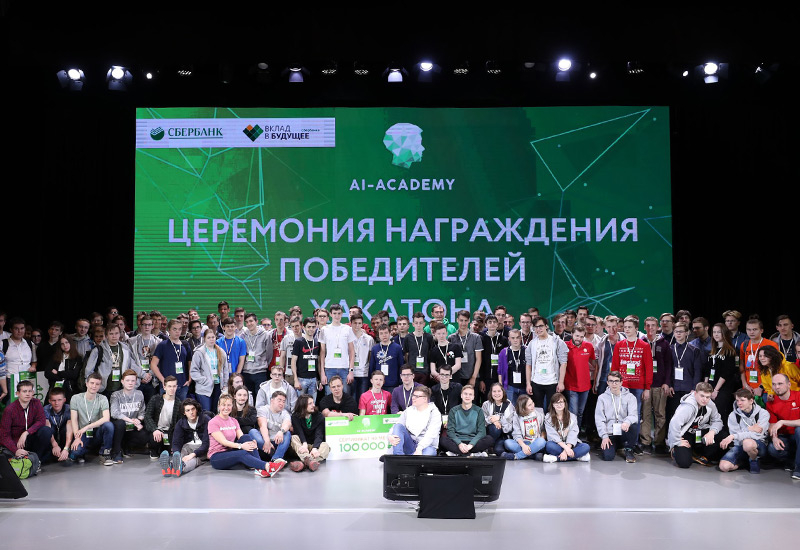
As part of the team, I took tenth place at the AI-Academy by Sberbank. It was a great result for me. Especially because this competition gave prize winners the chance to enroll at various universities, including ITMO University.
Then, I took part in the VK Cup and took third place there. There was also a Sberbank competition aimed at drawing attention to the pandemic forecasts building. This was my first significant victory in an “adult” competition. There I took third place in the first round and second – in the second.
I realized that if I can compete with adult specialists, then, apparently, I do know something. After that, I was no longer afraid to participate in competitions at any level. There was also a machine learning hackathon competition from ITMO and Tochka Bank. We tried our best to do something right, but we didn’t succeed until the very end, however, we were still ranked first. As a result of that hackathon, our entire team was invited to intern at Tochka and since June I have been working there.
What do you do at Tochka?
The bank receives quite a few requests from clients and many of them do not require a response from a live operator, a simple link to the FAQ is enough. So, we are currently working on services that would reduce the wastage of the company’s resources on solving such issues – such as chatbots, but much nicer in terms of user experience.
Do you like working there?
Tochka has lots of cool features, for example, holacracy. This means that we do not have direct bosses who would breathe down our necks and tell us what to do, instead, we are free to choose what we do and how. Even if you try to take a risk, no one will scold you if it does not work out. It's a very cool place as you can grow a lot here as a specialist.

Do you manage to combine work and studies? Probably, distance learning made it easier, did it?
Actually, distance learning is a controversial topic. I know many students who now are even more challenged to juggle work and studies as they are no longer different spheres of their lives. I also had to face it from time to time, for example, when during classes, I get messages from work. I try to manage my time but I’m not sure if I’m good at it. Perhaps, closer to the exams, I’ll regret missing some lectures.
Why did you choose to study at ITMO?
At the beginning of the 11th grade, I questioned a lot about whether I should go to university or not. I imagined how I’d work, launch startups, and become successful one day. But then I decided that I needed to get my diploma. The question was whether I should enroll based on my Unified State Exam score or the results of the Sberbank competition. My main options were the Bauman Moscow State Technical University, the National University of Science and Technology “MISiS”, and software engineering at ITMO University.
While Moscow seemed to have much more to offer, I didn’t want to go there. I liked that ITMO presents itself as the first non-classical university and was eager to learn more about it. So far I have never regretted it. ITMO provides every opportunity to make you feel as comfortable as possible.
What about startups?
I am still interested in startups and I am trying to slowly move in this direction. But this is a matter of time, because now I have my studies and work, plus I try to have a social life and do sports. I wouldn’t be able to handle a startup, so for now, it is a future plan.
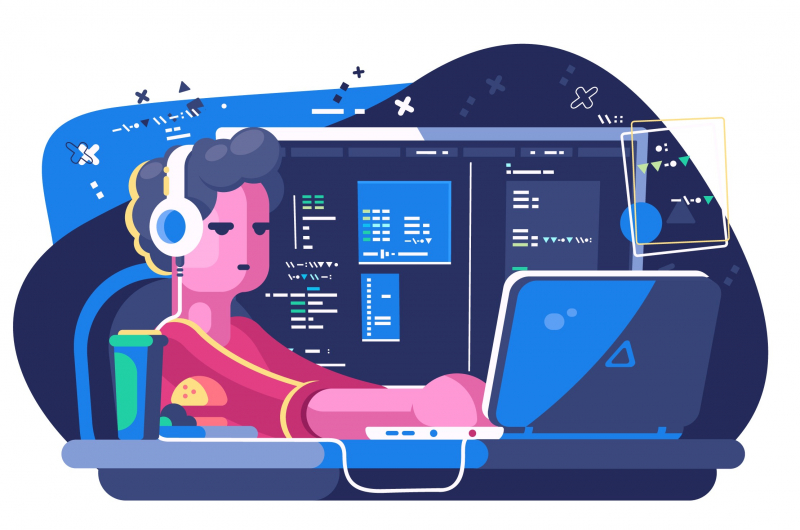
Are you planning to further develop in AI and machine learning? Or are there any other fields that interest you?
In the IT industry, I do not yet see fields as relevant as AI. Some time ago there was blockchain but now no one talks about it anymore and it hardly has any prospects. VR is also losing ground. It seems that there are no other new and advanced technologies. But I keep up with the trends and continue to look for other interesting fields. Perhaps there will be something but for now, I'm interested in AI.
Have you already thought about how you will spend your prize money?
Of course, I immediately had an urge to buy new clothes, sneakers, or a MacBook. I didn’t like it, in fact, I think it is an extremely unhealthy habit and if not controlled, all the money I’ve earned will simply disappear. That’s why I set a strict limit of 25-30 thousand per month on all my bank cards, and I don’t exceed it. I try to avoid any stupid, unnecessary spending.
I diversify my savings: I have a large sum on a regular deposit with interest, and I invest a third of the money in stocks. Although investing is not exactly a way of earning money, I find it interesting. I decided that if I manage to earn something with a small amount, then it will not be overwhelming to make a portfolio with large amounts later. Moreover, I’m not 18 yet and can’t open a brokerage account myself.
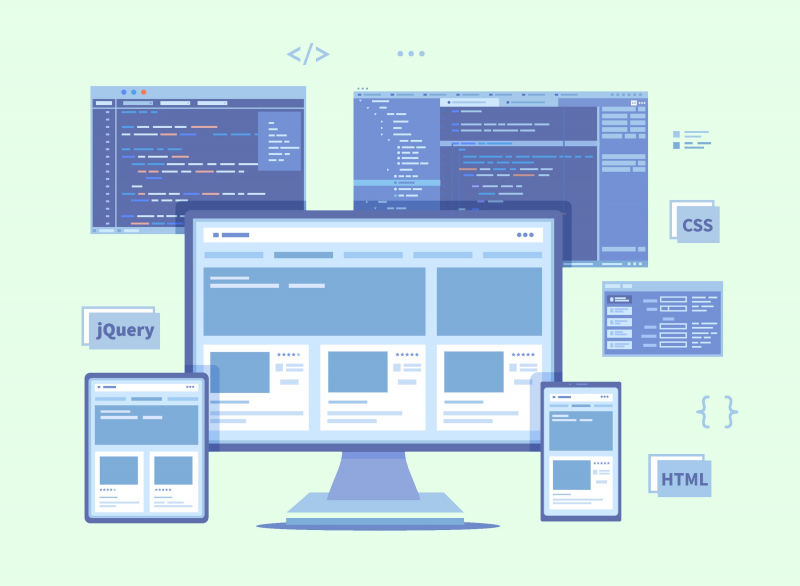
Have you tried to study investing? Did you take any courses?
I took courses on how to compose your portfolio, but I can’t say that I am a pro now. I just know some basics, for example, that you can’t invest all your money into stocks and it’s better to diversify. Also, I try to apply fundamental analysis. I have my ups and downs but I’m still learning.
For example, I recently had a Tesla stock that I bought when they were at their peak. Then they reached a plateau, and I thought that I should get rid of it. And after I sold it, their shares jumped up again, and I missed the profit – it was unpleasant.
What are your plans?
Honestly, I don't plan more than a month ahead. I don't see much sense in it. The only thing I hope is that in two years I will be successful.
